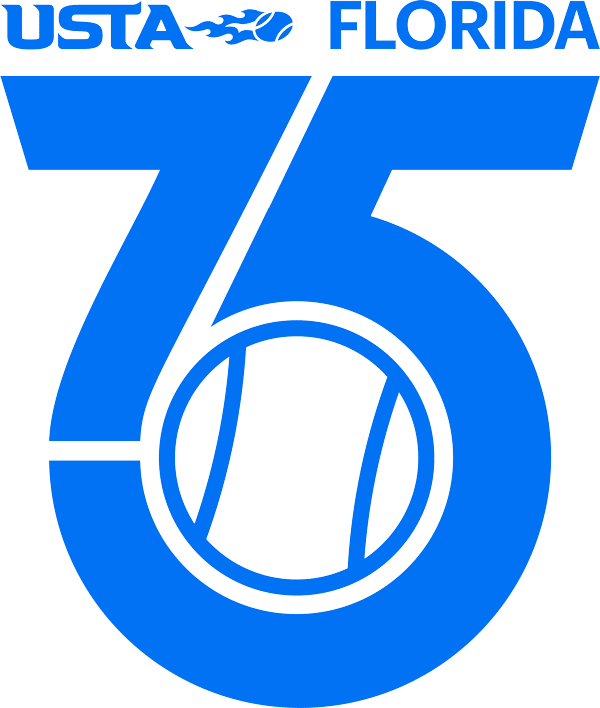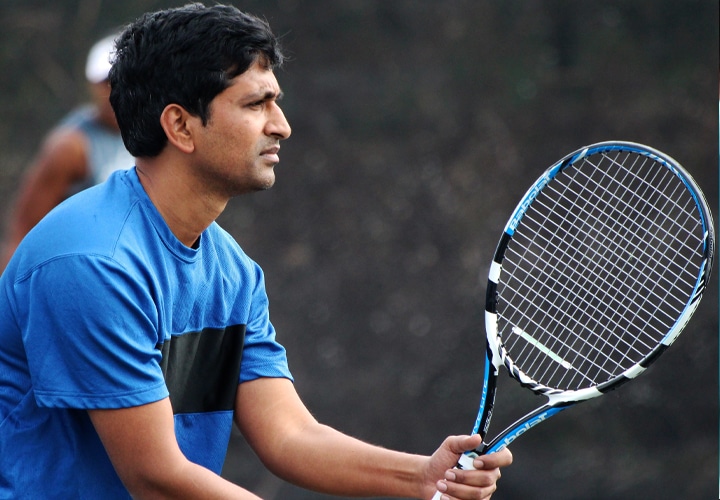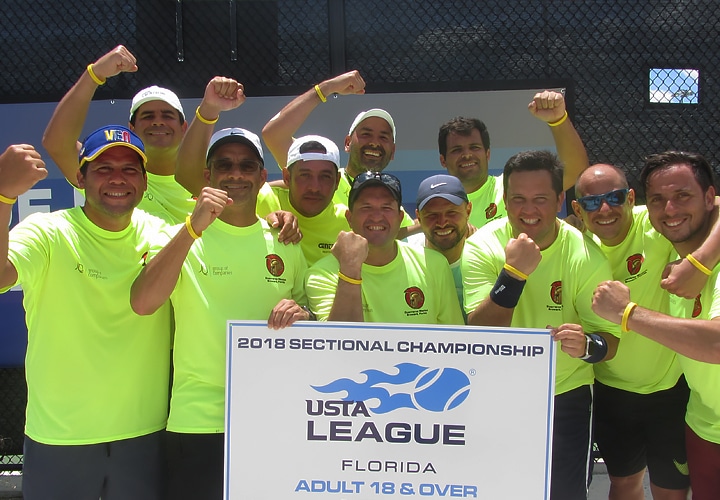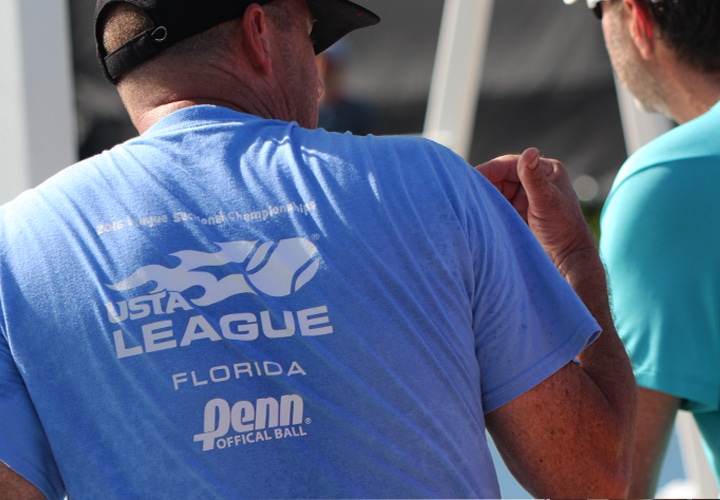3.04A General Procedures.
3.04A(1) Any party(ies) to the grievance may appeal the decision of the Grievance Committee within the time fixed by the Grievance Committee. Upon receipt of an appeal of the decision of the Grievance Committee, the Grievance Appeal Committee shall act promptly to resolve the appeal.
3.04A(2) The party(ies) appealing shall file a written notice of appeal with the appropriate coordinator or designee, who shall send it to the Chair of the appropriate Grievance Appeal Committee, the Chair of the Grievance Committee whose decision is being appealed, the Local, District or Sectional League Coordinator, and to the other party(ies) involved in the grievance.
3.04A(3) The party(ies) appealing shall have an opportunity to submit, in writing, facts and arguments in support of their respective positions. All information submitted shall be provided to all parties.
3.04A(4) Play During Grievance Appeal Procedures.
3.04A(4)a If the grievance was upheld, the individual is subject to all penalties imposed by the Grievance Committee during the appeal process.
3.04A(4)b If the grievance was dismissed or denied and then appealed, the party(ies) may participate during the appeal process but must understand that the decision of the Grievance Committee may be remanded for reconsideration.
3.04B Grievance Appeal Committee Action.
3.04B(1) The Grievance Appeal Committee shall not be required to hold any hearing except as provided in Reg. 3.04B(2). Its decision may be based entirely on the findings of fact by the Grievance Committee whose decision is being appealed and on the facts and arguments submitted in writing by the party(ies) to the appeal.
3.04B(2) If the Grievance Committee did not hold a hearing, the Grievance Appeal Committee shall do so, provided any party involved in the grievance requests so in writing. However, the committee may hear such further evidence as it, in its absolute discretion, deems appropriate.
3.04B(3) The Grievance Appeal Committee shall have the power to affirm, modify, remand for cause, or reject the decision of the Grievance Committee. The Grievance Appeal Committee shall not impose a harsher penalty than that imposed by the Grievance Committee. For the purpose of clarification, should the Grievance Committee elect to not impose a penalty, the Grievance Appeal Committee may not impose a penalty; however, the Grievance Appeal Committee may, for cause, remand the matter to the original Grievance Committee or a new Grievance Committee for reconsideration.
3.04B(4) A copy of the Grievance Appeal Committee’s written decision setting forth the basis of its decision shall be promptly sent to all interested parties and such decisions shall be final and binding. The following exception shall apply: any individual or team suspended by any Local, District/Area, or Sectional Grievance Appeal Committee for a period of 12 months or more may appeal the final decision of the Grievance Appeal Committee to the National League Grievance Appeal Committee within the deadline established by the Grievance Appeal Committee.






